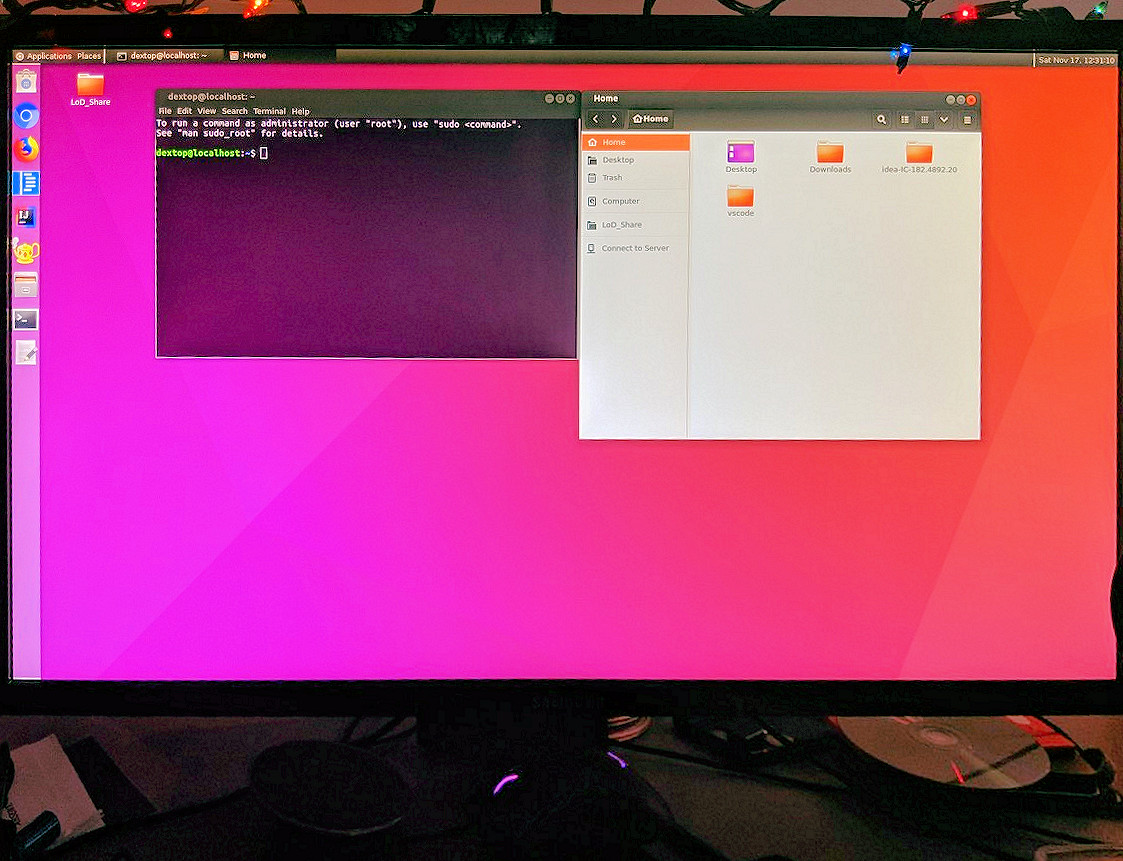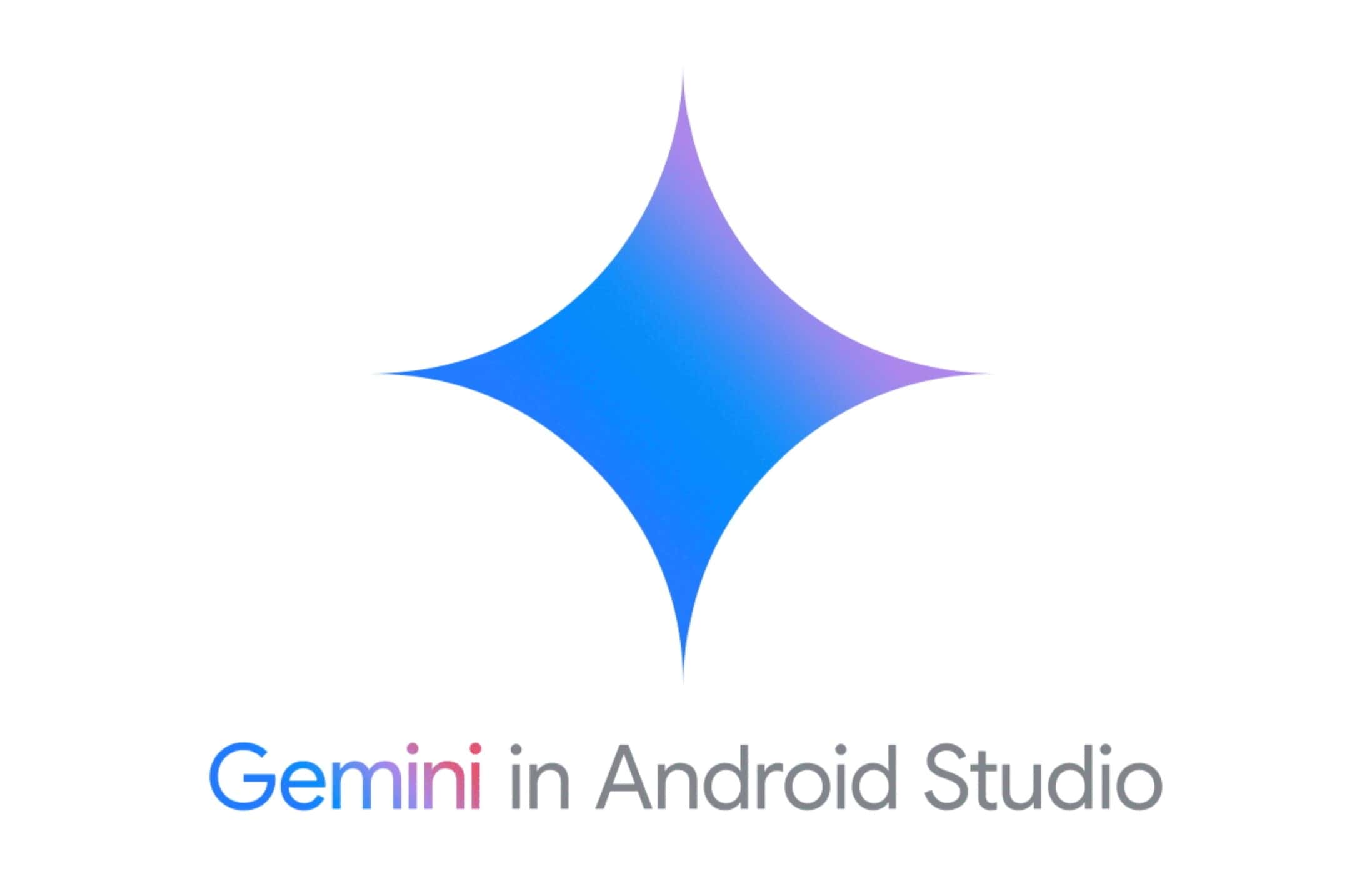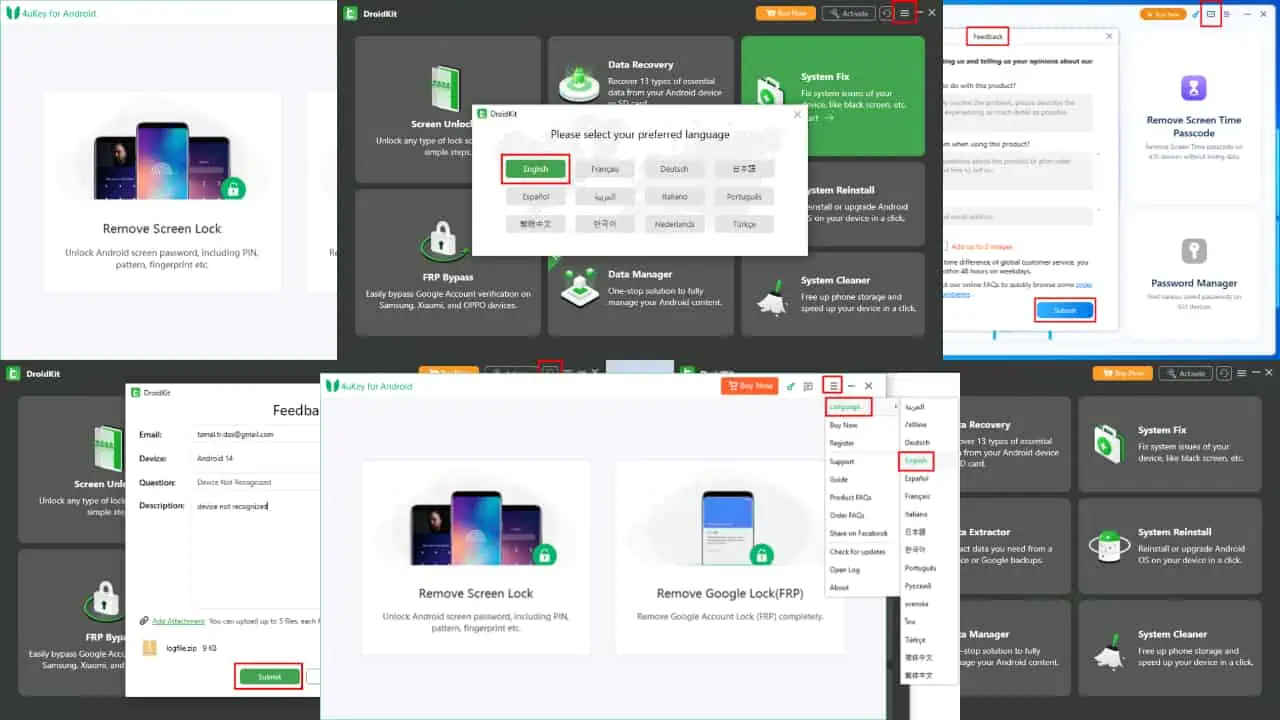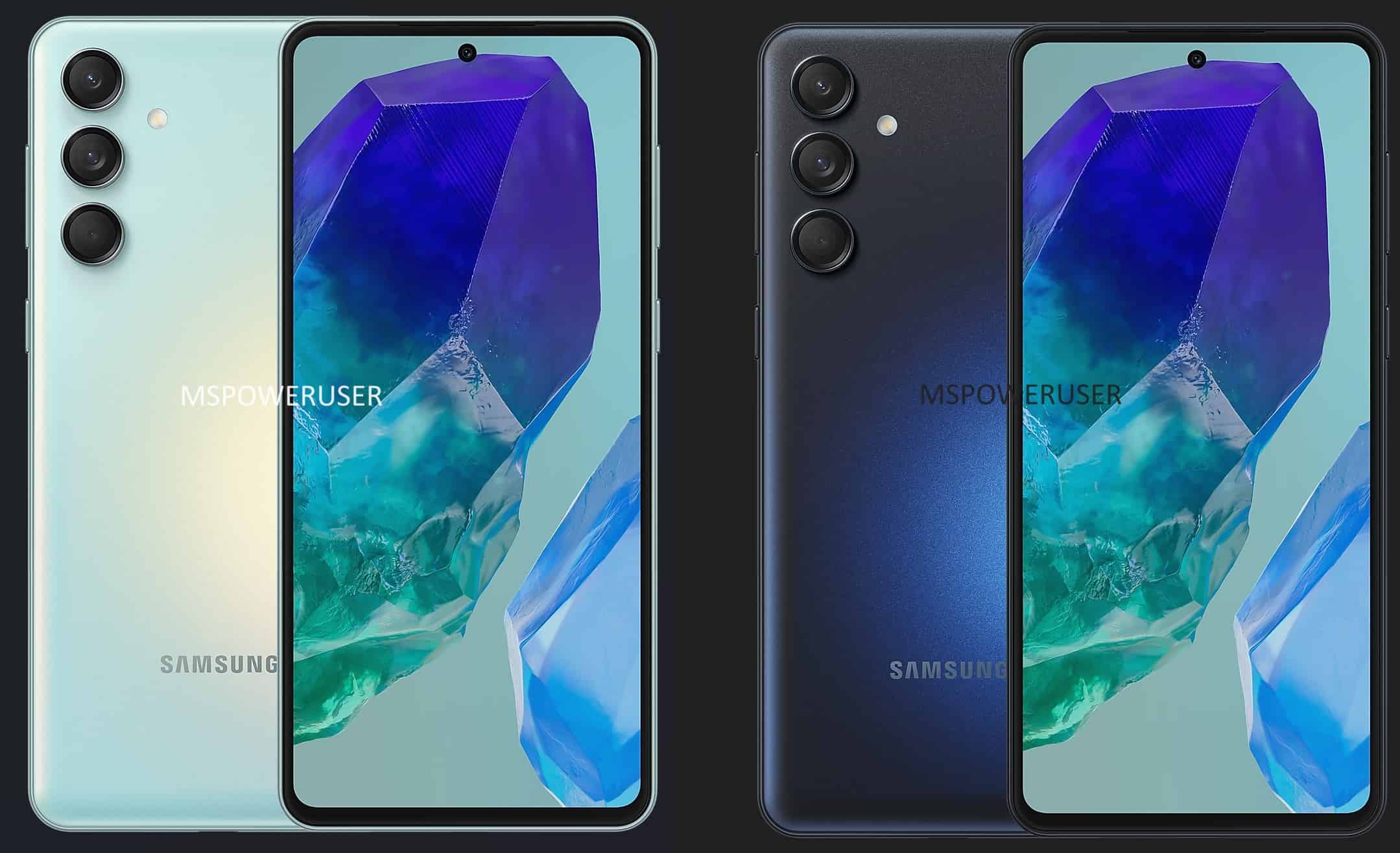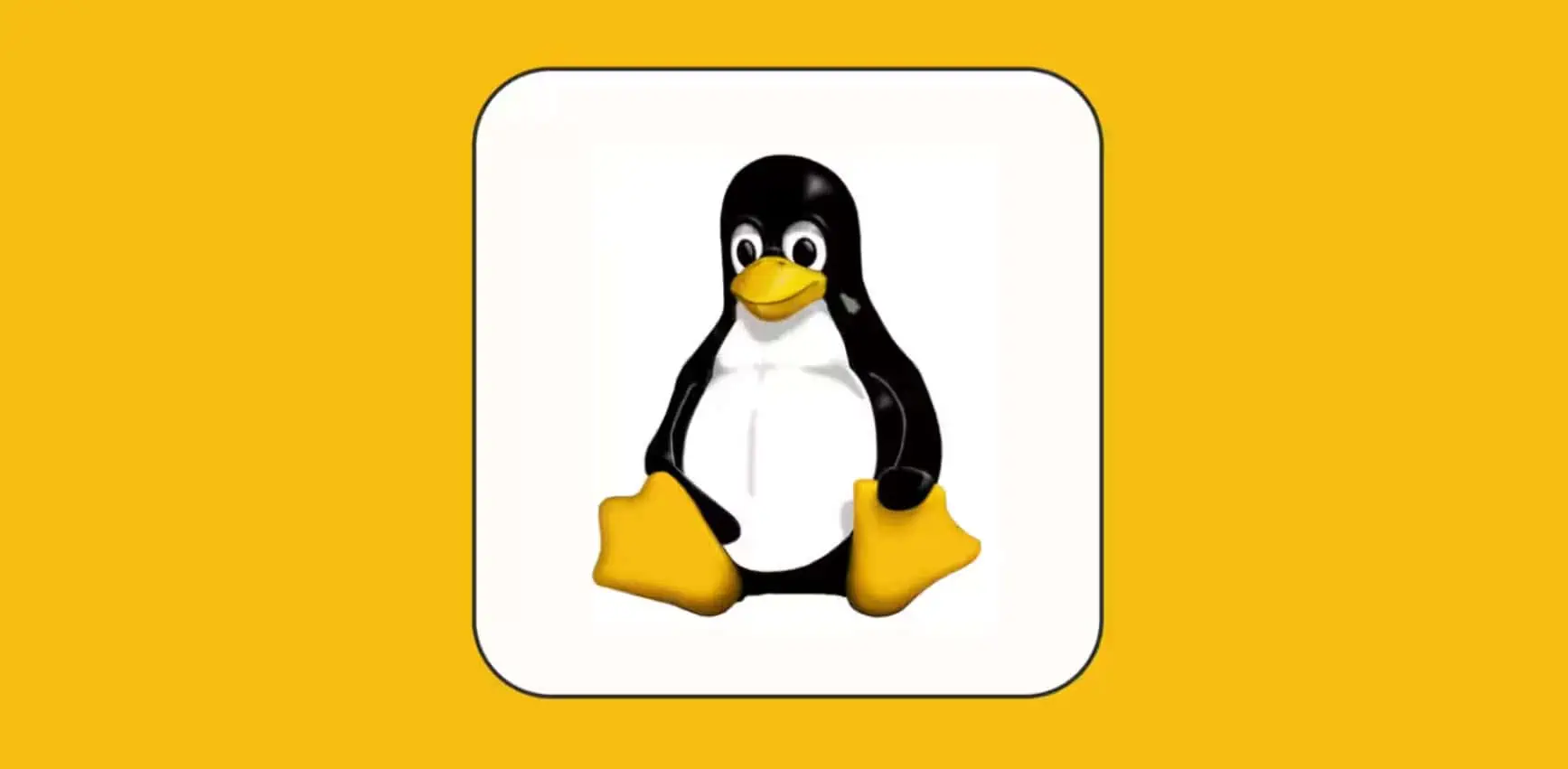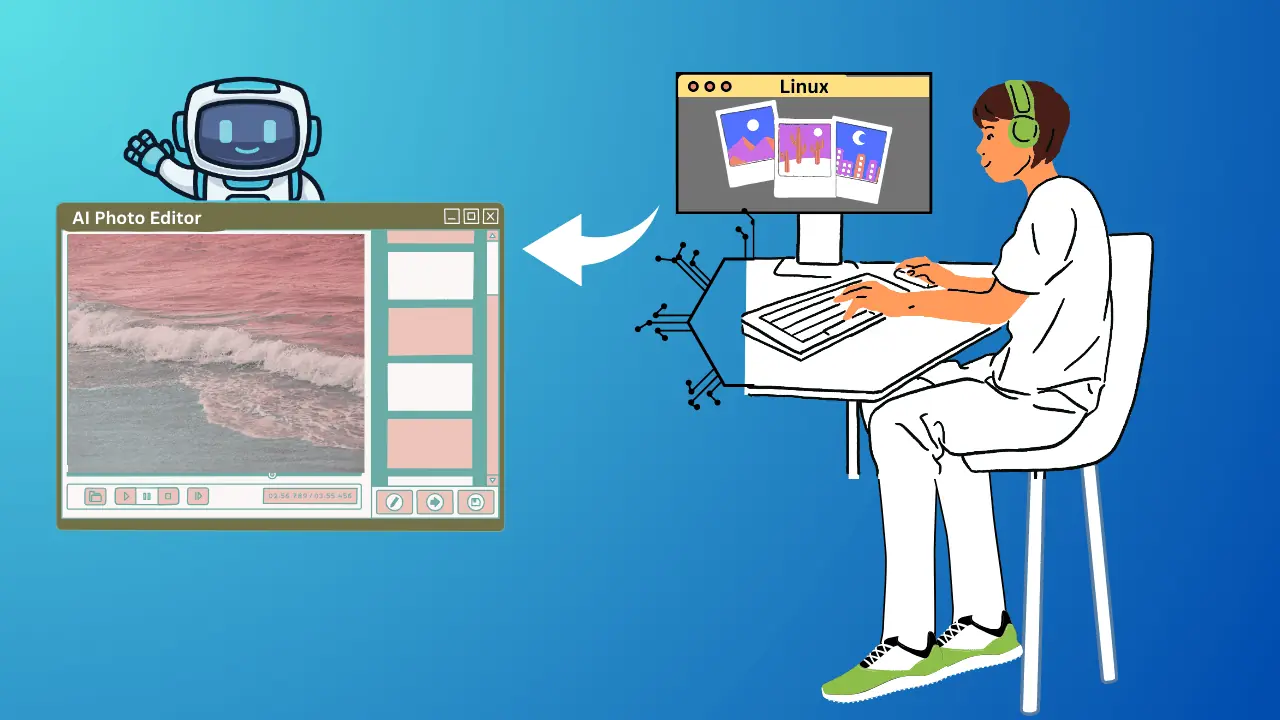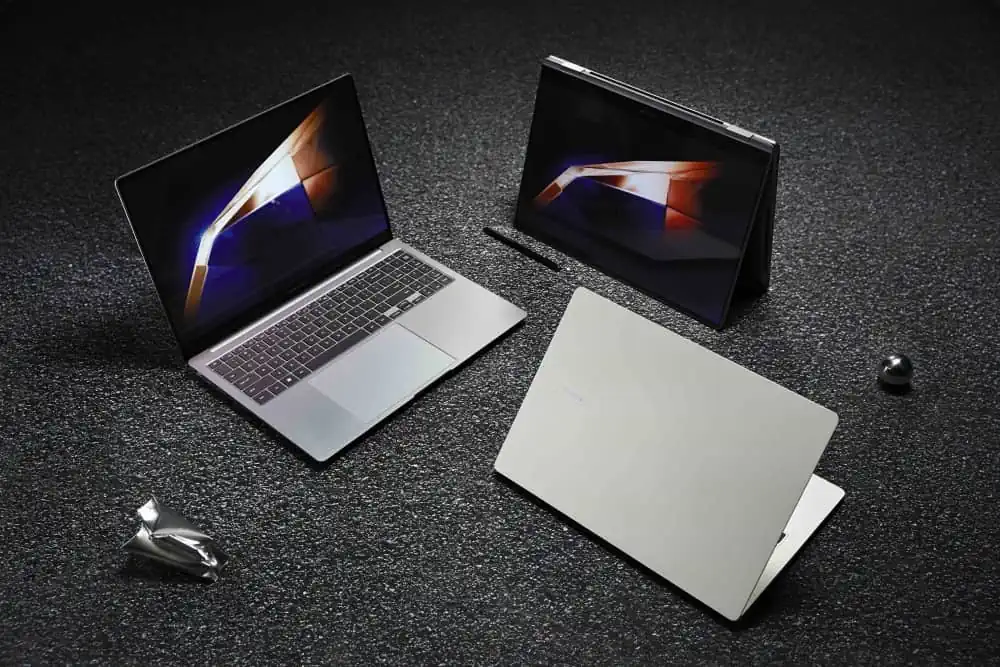Linux on DeX beta tested on the Samsung Galaxy S9
3 min. read
Updated on
Read our disclosure page to find out how can you help MSPoweruser sustain the editorial team Read more


Two weeks ago Samsung announced the final dates of the new Linux on DeX feature which would allow users to run Linux on Galaxy phones using DeX, their Continuum-like environment.
The feature is still in beta and is under testing but the folks at XDA Developers managed to get their hands on the latest beta APK of DeX and have posted a review of the desktop environment running on the Samsung Galaxy S9.
The OS is Ubuntu 16.04 LTS compiled for ARM and modified to account for Android’s security requirements and XDA-Dev calls it “the first time it has been done well.”
Despite this statement however, they note “it’s definitely constrained by the hardware it’s running on. It’s obviously slower than running a GNU/Linux distribution on most x86 PCs, but it’s even slower than running the normal DeX mode,” and they note that packages had to be compiled for ARM64, meaning unless you are willing to do the compilation yourself you can not just download and install the Linux apps. They comment:
Apps like Minecraft, Discord, and Google Chrome wouldn’t install, which sums up the experience of an “average user” looking to try out Linux on DeX. It’s not a replacement for a desktop computer or a laptop.
Surprisingly for a resource-constrained device Linux on Dex catered well for developers. It comes with IntelliJ and Geany for coding and XDA-Dev notes Android Studio even runs on Linux on DeX. You can code, build, install, and test Android apps directly from your Galaxy Note 9 or Galaxy Tab S4.
The experience, however, gave the reviewer a better appreciation for the actual Dex environment. They note with the regular DeX mode, you have access to a large number of Android apps and games, while Linux on DeX is really only viable for some development work.
Plunging another nail in the coffin of the one-device “phone as a desktop” dream, they conclude:
Even still, DeX is nowhere close to replacing traditional laptops or desktops. Business professionals and some students may find DeX useful, and some developers might find the new Linux on DeX useful. However, both regular DeX and Linux on DeX are too constrained by the hardware they run on. We’re going to need more RAM and better support for ARM devices in Linux on DeX before it’s worth your consideration.
Read their full review here.
Thanks, Abdullah for the tip.

